
Genitourinary Cancers
Specialized Genitourinary Cancer Care
As a Clinical Oncologist, I specialize in treating prostate, bladder, kidney, and testicular cancers using advanced, evidence-based approaches. Each treatment plan is tailored to the patient’s tumor biology, disease stage, and personal health needs, ensuring compassionate, personalized care from diagnosis to survivorship.
Understanding Genitourinary Cancers
What Are Genitourinary (GU) Cancers?


Genitourinary cancers affect the urinary tract and male reproductive system, including:
Prostate
Bladder
Kidneys
Ureters
Testes
Penis
They account for a significant portion of cancer cases, particularly prostate and bladder cancer in men, and often present with non-specific symptoms, making early detection essential.
What Is Prostate Cancer?
Prostate cancer is a type of cancer that develops in the prostate gland, a small, walnut-sized organ in men located just below the bladder and in front of the rectum. The prostate produces fluid that nourishes and transports sperm.
Risk Factors:
Age (risk increases after 50)
Family history (especially father or brother with prostate cancer)
African ancestry (higher risk and more aggressive disease)
Diet high in red meat and low in vegetables
Obesity and sedentary lifestyle
What Is Bladder Cancer?
Bladder cancer is a type of cancer that begins in the cells lining the inside of the bladder, the organ responsible for storing urine. It most often starts in the urothelial cells (also called transitional cells), which are also found in the kidneys and ureters.
Risk Factors:
Smoking (most significant cause)
Chemical exposure (dyes, rubber, leather industries)
Chronic urinary tract infections or bladder irritation
Age > 55
Family history of bladder cancer
Male gender
What Is Kidney Cancer?
Kidney cancer, also known as renal cell carcinoma (RCC), is a type of cancer that starts in the tissues of the kidneys—organs responsible for filtering waste and balancing fluids in the body. It is most common in adults and typically affects one kidney.
Risk Factors:
Smoking
High blood pressure (hypertension)
Obesity
Family history of kidney cancer
Workplace exposures (asbestos, cadmium)
Chronic kidney disease or long-term dialysis
Genetic conditions (e.g. Von Hippel-Lindau disease)
What Is Testicular Cancer?
Testicular cancer is a type of cancer that begins in the testicles (testes), the male reproductive glands responsible for producing sperm and testosterone. Though relatively rare, it is the most common cancer in young men aged 15 to 40, and it is highly treatable, even in advanced stages.
Risk Factors:
History of undescended testicle (cryptorchidism)
Family history of testicular cancer
Personal history of testicular cancer
Klinefelter syndrome
Caucasian ethnicity (higher risk)
Common Signs & Symptoms of Genitourinary Cancers
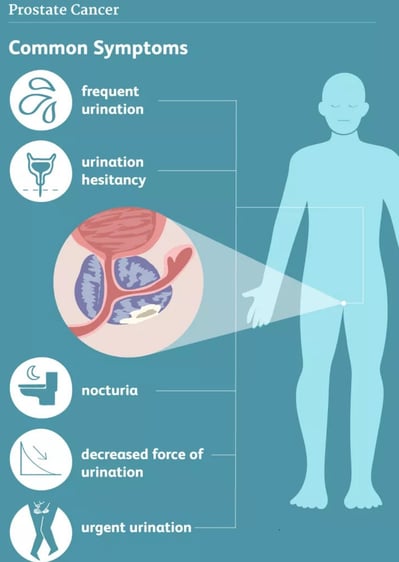

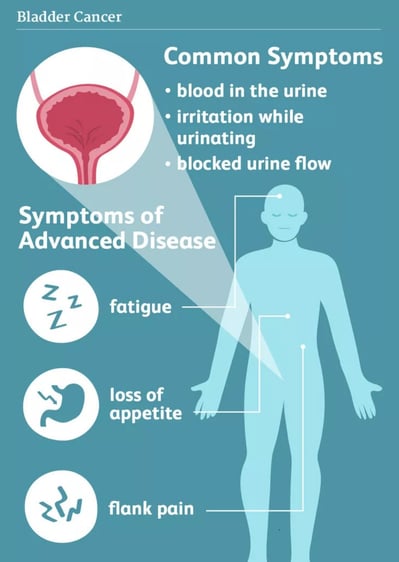

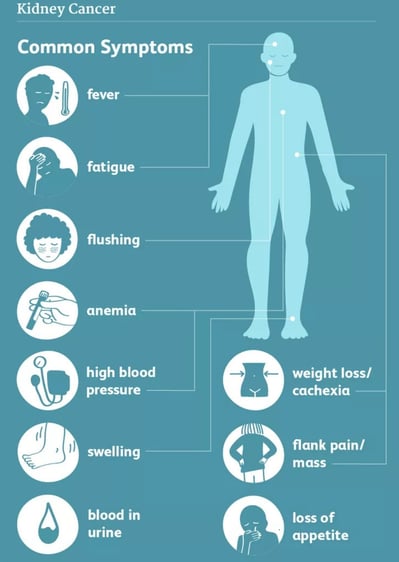

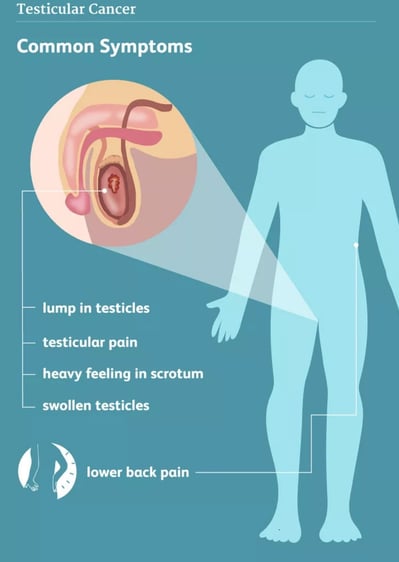

How to Conduct Self-Checks
Perform monthly after a warm shower
Gently roll each testicle between your fingers
Look for:
Hard lumps or nodules
Swelling or change in size
Discomfort or heaviness
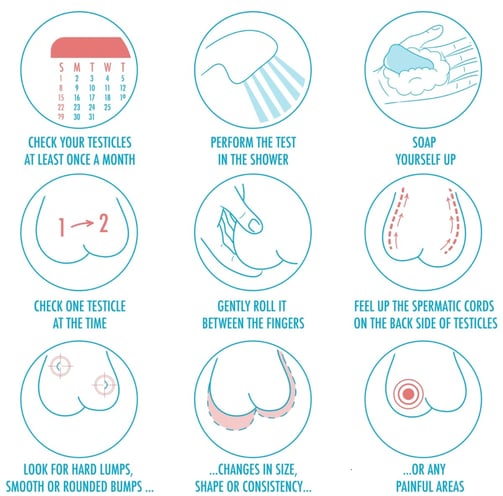

Testicular Self-Exam (TSE) – For Men Aged 15–40
Monitor Urinary Habits
Track frequency and urgency
Watch for blood in urine
Note any pelvic or flank pain
For men 50+, schedule annual PSA screening and digital rectal exam
Treatment Services I Provide
Each patient’s treatment is based on clinical stage, pathology, comorbidities, and personal preferences.


Bladder Cancer
Intravesical BCG or mitomycin
Radiotherapy for bladder-sparing protocols
Immunotherapy for advanced disease
Kidney Cancer
Targeted therapies (sunitinib, pazopanib)
Immunotherapy (nivolumab, ipilimumab)
Palliative radiotherapy for metastases
Prostate Cancer
Active surveillance (for low-risk cases)
Hormonal therapy (androgen deprivation)
External beam radiotherapy / brachytherapy
Novel agents: abiraterone, enzalutamide
Testicular Cancer
Platinum-based chemotherapy (e.g., BEP protocol)
Radiotherapy (for seminoma)
Fertility preservation and long-term follow-up
Here When You Need Clarity, Care, and Clinical Excellence
Whether you're seeking a diagnosis, ongoing care, or a second opinion, I’m here to help.


